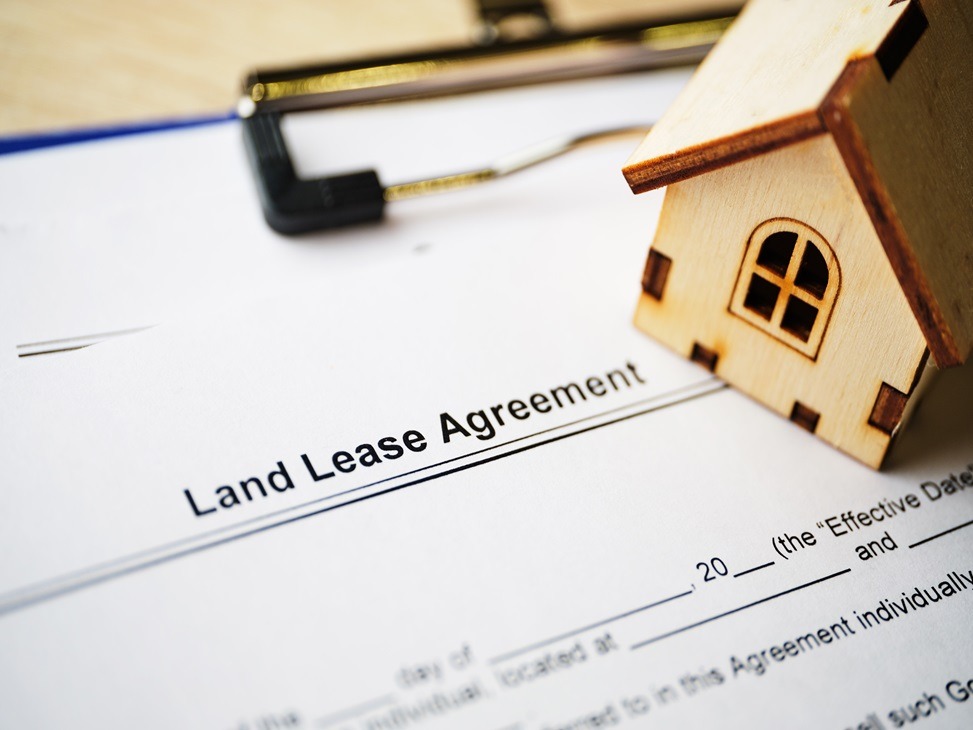Property Leasehold in Thailand. Thailand’s property leasehold system plays a vital role in enabling both Thais and foreigners to secure long-term rights to use land, houses, condominiums, and commercial premises. While Thai law imposes strict restrictions on land ownership by foreigners, leasehold provides a lawful and practical structure for those seeking stability without ownership. However, understanding the precise legal nature of leasehold rights is essential, as misconceptions about the security and transferability of these rights can lead to disputes or loss of investment.
This article provides a comprehensive examination of property leasehold in Thailand, covering the legal framework, key rights and obligations, registration requirements, common structures, and risks involved.
Legal Framework
The lease of immovable property in Thailand is governed primarily by the Civil and Commercial Code (CCC), specifically Sections 537 to 571. Key features of Thai lease law include:
-
A lease is a contractual right, not a real right or ownership interest in land.
-
The lessee (tenant) acquires the right to use the property in accordance with agreed terms.
-
A lease is personal to the contracting parties unless otherwise agreed and registered.
Unlike many common law jurisdictions, a lease in Thailand does not create an estate in land. The lease does not “run with the land” and is not automatically enforceable against successors in title unless registered at the Land Office.
Maximum Lease Term
Under the CCC:
-
The maximum lease term for land, houses, or buildings is 30 years.
-
A lease term exceeding 3 years must be registered at the Land Office to be enforceable beyond the initial 3-year period.
-
Renewals: Parties may agree to renew the lease for additional terms (e.g., 30+30+30 years), but these are contractual promises and not automatically binding on successors unless the renewal is registered at each term’s expiration.
Thailand does not recognize perpetual leasehold or 99-year lease arrangements common in other jurisdictions.
Lease Registration
When registration is required:
-
Any lease of immovable property exceeding 3 years must be registered at the Land Office with jurisdiction over the property.
-
Registration requires:
-
Execution of lease documents in prescribed form.
-
Payment of registration fees (typically 1% of the total rent payable during the lease term, plus a small administrative fee).
-
Annotation of the lease on the title deed (chanote or Nor Sor 3 Kor).
-
Registration secures the lessee’s right against third parties, including a new owner if the lessor sells or transfers the property.
Foreigners and Leasehold
Foreigners cannot own land in Thailand (subject to very limited exceptions under investment promotion or treaty rights no longer in effect). Leasehold provides the main legal method for foreigners to secure rights over land or landed property:
-
Foreigners may lease land for up to 30 years, with options to renew.
-
Foreigners may also register rights of superficies (ownership of buildings separate from land) if they construct a house on leased land.
For condominiums:
-
Foreigners may either own freehold units (up to 49% of the project’s saleable area) or lease units for residential use under similar lease principles.
Typical Leasehold Structures
Residential Leasehold
Foreigners often lease villas, houses, or land through:
-
Direct lease agreements registered at the Land Office.
-
Lease + superficies registration to own the building constructed on leased land.
Commercial Leasehold
-
Hotels, resorts, industrial estates, and retail developments often use leasehold structures for land where outright purchase is not possible or practical.
-
Lease terms up to 30 years are standard, with additional rights (e.g., sublease rights, rights to construct improvements).
Key Lease Provisions
An expertly drafted lease in Thailand should address:
-
Term and renewal rights: Duration, renewal procedures, and conditions.
-
Rent and payment schedule: Amount, escalation clauses, and currency of payment.
-
Use of property: Permitted and prohibited uses, compliance with zoning laws.
-
Transfer and subletting: Whether the lessee may assign or sublet (requires express consent from the lessor).
-
Maintenance and repairs: Allocation of responsibility for upkeep, insurance, and taxes.
-
Termination: Events triggering termination, remedies for breach, and procedures for vacating the property.
Risks and Pitfalls of Leasehold
⚠ Renewal clauses are not automatically binding
-
Renewal options are contractual promises. Upon expiration of the registered lease, the lessee has no automatic right to remain unless the renewal is properly registered.
⚠ Sale of property by the lessor
-
If a registered lease exists, the new owner is bound by its terms. However, unregistered leases are not enforceable against successors beyond three years.
⚠ Breach of lease terms
-
A breach by the lessee (e.g., unauthorized use, failure to pay rent) can lead to termination of the lease and forfeiture of rights.
⚠ Nominee structures
-
Attempts to disguise land ownership through illegal nominee arrangements (e.g., using a Thai company or individual to hold land for a foreigner) are unlawful and can result in legal penalties or loss of investment.
Termination and Remedies
A lease may terminate:
-
By expiration of its term.
-
By mutual agreement of the parties.
-
For cause (e.g., breach of contract, failure to pay rent, illegal use).
-
By destruction of the property, unless the lessee is at fault.
Upon termination:
-
The lessee must return the property in the agreed condition.
-
Disputes may require resolution through the Thai courts or arbitration (if provided for in the lease).
Tax and Fee Implications
-
Registration fee: 1% of total rent over the lease period, capped by administrative policy in certain cases.
-
Stamp duty: 0.1% of the total rental value.
-
Withholding tax: May apply on rent paid by companies.
-
VAT: Applies where the lessor is VAT-registered (typically for commercial property leases).
Practical Considerations
✅ Always register leases over 3 years
-
Registration ensures enforceability against third parties and protects the lessee’s rights if the property changes hands.
✅ Superficies rights for buildings
-
When constructing on leased land, registering a superficies ensures that the lessee owns the building independently of the land lease.
✅ Professional drafting
-
Lease agreements should be drafted or reviewed by qualified legal professionals to ensure compliance with Thai law and clarity on key terms.
✅ Title due diligence
-
Before entering into a lease, conduct a full title search to verify ownership, encumbrances, and compliance with zoning laws.
Conclusion
Property leasehold in Thailand provides a valuable and lawful mechanism for both Thais and foreigners to secure long-term use rights over land, buildings, and condominiums. However, leasehold rights are contractual and do not confer ownership or real property rights in the Western legal sense. Proper structuring, registration, and legal advice are critical to ensure that leasehold arrangements provide the intended security and value over the long term.


